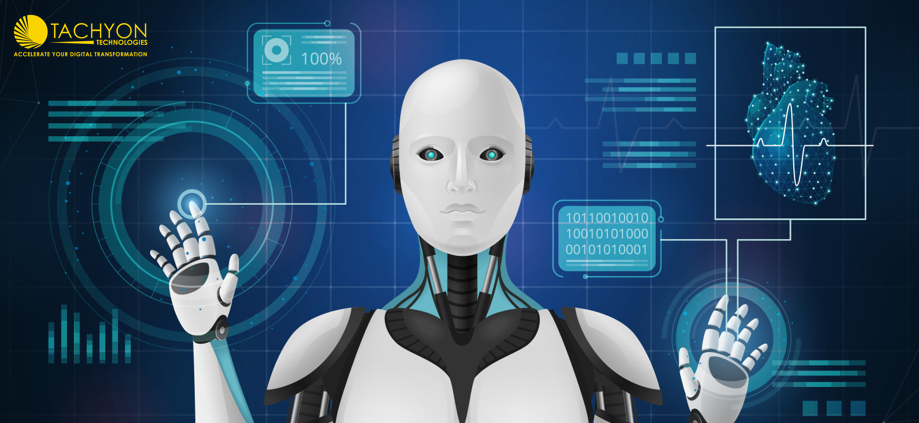
AI is evolving in all industries, but it is still difficult to determine what it will do in the future. There are so many possibilities with artificial intelligence, and it is only a matter of time before we see AI go mainstream. There are so many people who have predicted that AI will take over the world by 2050.
1. Artificial Intelligence for Businesses
Artificial Intelligence (AI) is the most trending topic in the global business world.
AI-powered software is being developed to automate a number of tasks for businesses. It includes data mining, records management, customer service and more. With AI, it saves time and money for a company.
2. Artificial Intelligence for programming
Artificial intelligence is already evolved multi fold since OpenAI developed a AI coding tool. Today we have multiple tools to help developers in writing code. Below are few of these tools with use cases:
Copilot by Github – An AI bot to guess your requirement and write the rest of code.
CodeQL by De Moor – To identify bugs in code
Bayou – To write Snippet and API code in JAVA
Deepcode – This AI suggests programmers on how to improve the code
Kite – An AI based tool to complete python programming
in the time this blog is written a new AI tool will be developed. AI tools are getting better.
3. Artificial Intelligence for Education
AI in education is a new and upcoming field with a lot of potential. It can help students by providing a personalized learning experience, but it can also be used to help teachers prepare lessons and manage their workload. AI in education is an opportunity for all stakeholders – teachers, students, parents, researchers.
4. Artificial Intelligence for Healthcare
AI is impacting healthcare in a variety of ways. One of the most notable ways that AI is impacting healthcare is through the artificial intelligence for diagnosis. Doctors can use AI to take a picture or scan for abnormalities and then recommend treatment options.
There are many different use cases of Artificial Intelligence for Healthcare. In addition to diagnosis, AI can be used to supplement patient care by providing digital wellness programs and virtual coaching – which helps patients better manage their own conditions. It can also assist doctors in making more accurate predictions about patients, as well as improving research and development by scouring through masses of data and providing insights into new treatments.
5. Artificial Intelligence for Manufacturing
For manufacturers, artificial intelligence is an essential tool for making better decisions about their operations. It helps the company make smarter decisions, improves their efficiency and automatically predicts risks to maintain quality.
Manufacturers use AI to ensure that their product quality is up to date with the latest trends in the market. AI can be used to improve production processes by integrating data from across various departments and then making predictions about future demand for products.
AI has also improved customer service by predicting customer behavior and providing personalized solutions to them which are not always possible for human managers without AI assistance.
6. Artificial Intelligence Gaming & Entertainment Industry
The artificial intelligence gaming and entertainment industry is showing rapid growth. This market is predicted to grow from $17 billion in 2016 to $34 billion by 2020.
The surge in the use of AI in this industry is mainly due to the increasing demand for real-time gaming, interactive games, personalized gaming, customer-facing chatbots, machine learning algorithms, and natural language processing software.
A significant driver of the demand for artificial intelligence technology in this industry has been the need for more personalized games with greater levels of interactivity.
